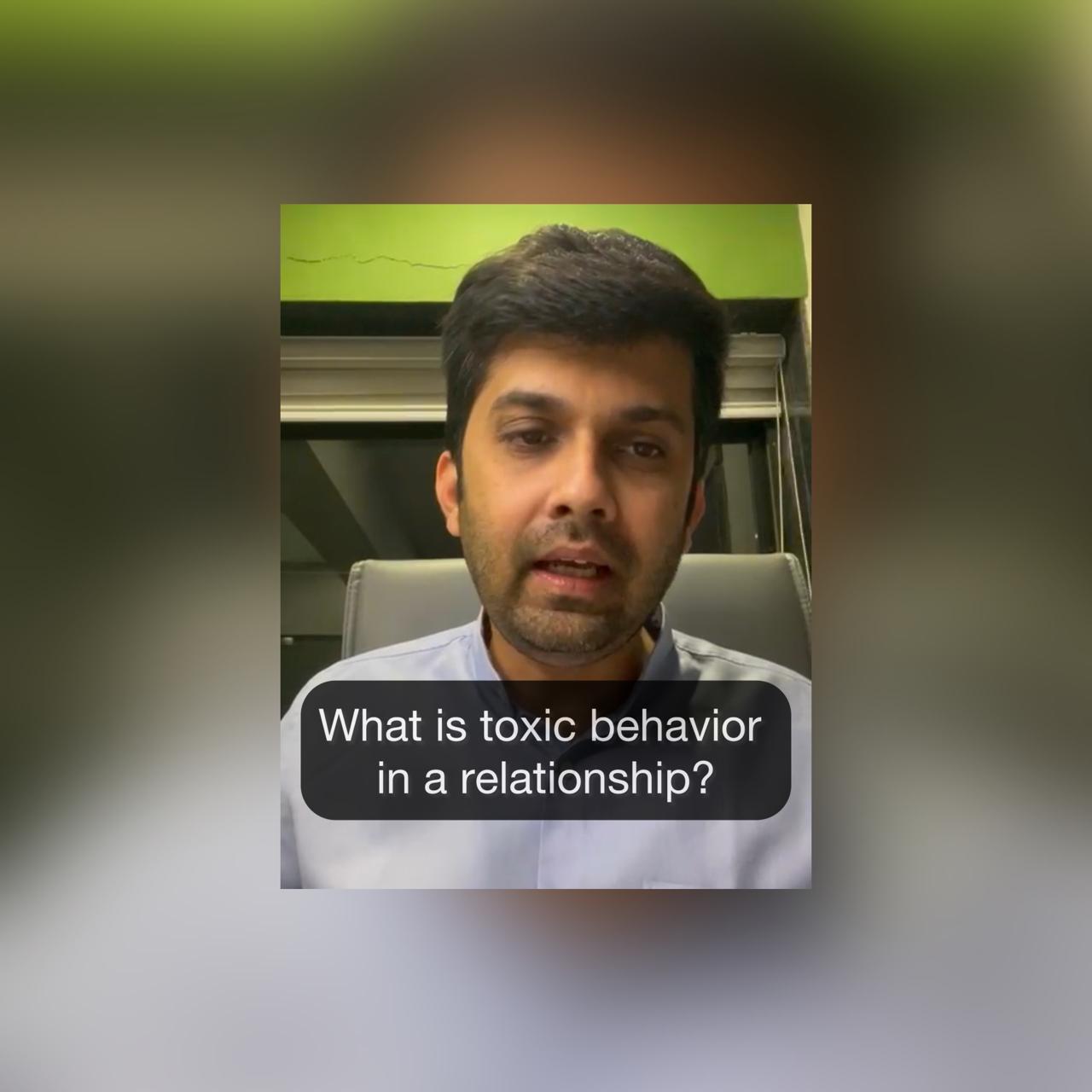What is toxic behavior in a relationship?


They will treat you poorly and insult you, no matter how much you try to calm or pacify them. Instead of easing up, they’ll escalate their bad behavior. Eventually, when you’ve had enough and react, they’ll shift all the blame onto you, questioning how you could respond that way. If you try to explain that their initial actions led to your reaction, they’ll completely dismiss it and will absolutely not show any accountability. You may call it Gaslighting, narcissism, abuse or anything.
But this is a textbook example of toxic behavior—manipulative, draining, and emotionally exhausting. It follows a vicious cycle where one person continuously mistreats you through yelling, cursing, or other aggressive actions. You, in an attempt to maintain peace, try everything to calm them down—being patient, accommodating, or even suppressing your emotions just to avoid conflict.
However, the moment you finally lose control and react—whether by defending yourself, expressing frustration, or standing up for yourself—they flip the situation. Instead of acknowledging their wrongdoing, they shift all the blame onto you. Suddenly, you become the problem, the “aggressor,” while they play the victim.
This is a classic form of manipulation and gaslighting, where they distort reality to make you question yourself. The longer this pattern continues, the more you feel trapped, guilty, and emotionally drained. It conditions you to constantly walk on eggshells, afraid of setting them off while they continue their toxic behavior unchecked.
Signs of This Toxic Cycle:
1.Constant Disrespect – Repeated yelling, cursing, or belittling behavior.
2.Manipulation & Gaslighting – Denying their actions or making you feel like you’re overreacting.
3.Shifting Blame – Provoking you, then blaming you when you finally react.
4.Emotional Exhaustion – Feeling drained, anxious, or guilty despite trying your best to fix things.
5.Control & Power Play – Using emotional manipulation to keep you in a submissive role.
How to Deal with It:
•Recognize the Pattern – Understand that this is not your fault.
•Set Boundaries – Stop engaging in their emotional traps.
•Seek Support – Talk to a counselor, psychotherapist, therapist, psychiatrist or a relationship expert. Someome who can provide perspective. Consider taking couple therapy.
•Distance Yourself – If you don’t see any other way out or all your options have been exhausted or if you are completely drained and exhausted, remove yourself from the toxic environment.
Toxic people thrive on control and emotional manipulation. The best way to protect yourself is to step back, set boundaries, and refuse to engage in their cycle. You are not responsible for managing their emotions, and you don’t deserve to be blamed for their mistreatment.



Comments (0)